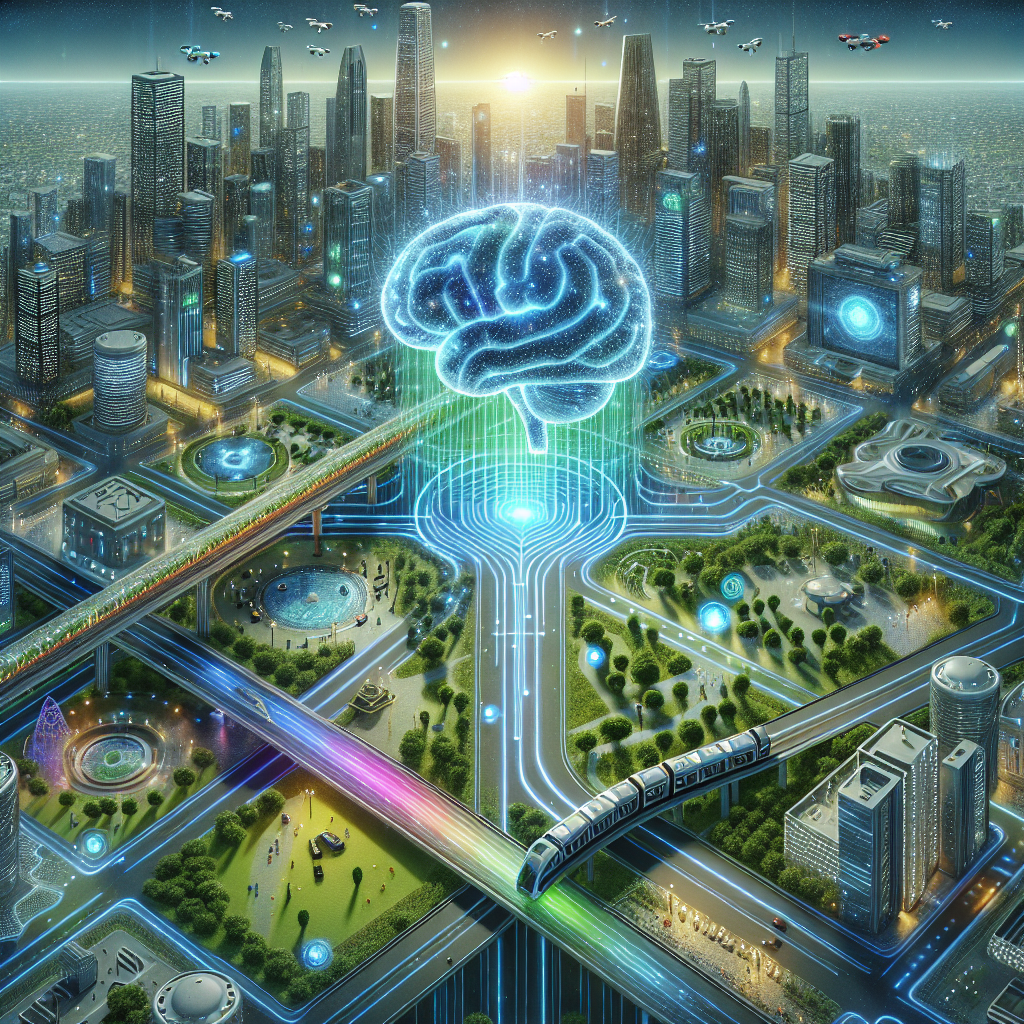“`html
Exploring AI in Urban Planning: Your Questions Answered
Urban planning is a complex task that impacts how we live, work, and play in cities. With the advances in technology, particularly with Artificial Intelligence (AI), city planning can become more efficient and intelligent. Let’s dive into some common questions about the intersection of AI and urban planning.
What is AI’s Role in Urban Planning?
AI can assist urban planners by analyzing vast amounts of data to identify patterns and predict future trends. This helps in making informed decisions on infrastructure development, transportation systems, and housing. For instance, AI can model traffic flows and suggest optimizations to reduce congestion.
How Can AI Improve Urban Infrastructure?
AI improves urban infrastructure through:
- Smart Traffic Management: AI systems can analyze data from traffic cameras and sensors to optimize traffic lights, reducing congestion and pollution.
- Predictive Maintenance: AI algorithms predict when infrastructure like roads or bridges might need repairs, preventing costly breakdowns.
- Energy Efficiency: AI assists in designing energy-efficient buildings and smart grids, reducing the city’s carbon footprint.
Will AI Make Cities More Sustainable?
Absolutely! AI can significantly contribute to sustainability efforts by:
- Enhancing public transport systems to make them more user-friendly and reduce car dependency.
- Monitoring and managing water usage to avoid waste.
- Leveraging data to identify areas where renewable energy sources like solar panels can be most effective.
Are There Risks Involved with Using AI in Urban Planning?
While AI offers many benefits, there are certain risks:
- Privacy Concerns: With AI collecting extensive data, there’s a risk of breaching citizens’ privacy.
- Bias in Algorithms: AI systems might inherit biases present in training data, leading to unfair decision-making.
- Overreliance on Technology: City’s overdependence on AI could become problematic if systems fail or get hacked.
Therefore, city planners must work alongside technologists to address these challenges and ensure AI is used ethically and responsibly.
Conclusion: Is AI the Future of Urban Planning?
AI isn’t just the future; it’s the present of urban planning. It empowers cities to be more resilient, sustainable, and livable. While challenges exist, ongoing research and ethical considerations will likely guide the safe incorporation of AI into our urban landscapes.
For the inhabitants, this means smarter, cleaner, and more efficient cities. As always, your thoughts and ideas play a crucial role, so don’t hesitate to engage with local city planners about how AI can transform your community!
“`
